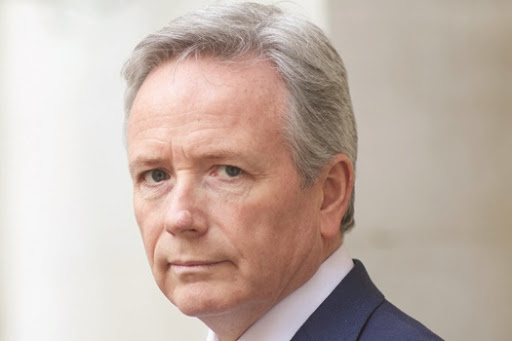
Coronavirus continues to rapidly spread across Derry
The new data puts the council area infection rate top for the highest number of cases per 100,000 population.
There has been one further death in the council boundary of a woman aged over 80 who passed away on Wednesday.
A total of 30 people have now died in Derry an Strabane since the panedmic erupted here in March.
The BBC’s calculations are three days behind to allow time for the data to stabilise.
The figures are not comparable to those recorded by the Department of Health.
It uses a different calculation to measure infection rates.
Across the North of Ireland, there were another 923 positive cases recorded on Thursday, with one more death in the past 24 hours.
Derry and Strabane recorded 235 cases – the highest in the North of Ireland – while Belfast recorded 202.
Newry, Mourne and Down council area has the second-highest rate of infection in Northern Ireland with 335 cases per 100,000 population.
Belfast is the third-highest in the North of Ireland with 267 cases, while Mid and East Antrim currently has the lowest infection rate.
The chairman of the British Medical Association NI has said hospitals in the north west are already under pressure due to a surge in Covid-19 cases.
“It is a complete quantum leap from the first wave,” Dr Tom Black said.
The council area was placed under new restrictions last week to help curb the growing number of cases.
Speaking to BBC Radio Foyle, the local GP said hospitals admissions were increasing and soon more patients will start requiring intensive care.

Derry GP Dr Tom Black
“Now we are starting to see the increase of people needing to go into hospital and then it is another week or two before those patients start to deteriorate and need intensive care.”
Dr Black said “a big fear” among the medical profession is the availability of intensive care beds if cases continue to rise at the current rate.
“We are in a lot of bother and we are going to have to work very hard to get out of this,” he said.
“The hope would be that because we are smarter, we have better drugs and because our vulnerable have been shielding throughout this, we won’t need as much intensive care capacity.
“But we still have to find that out in real time.”
Tags:




